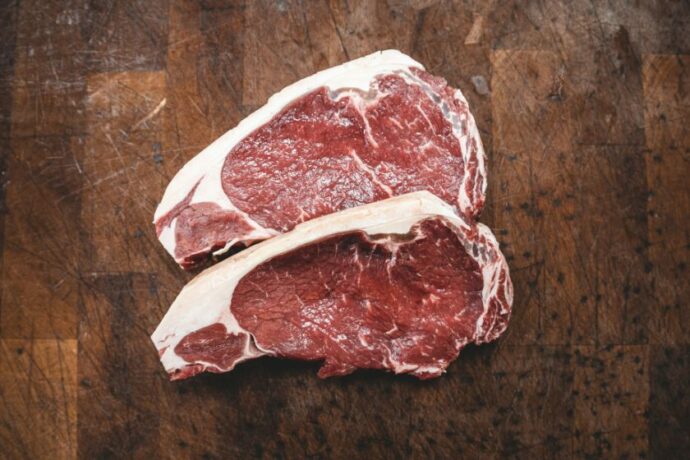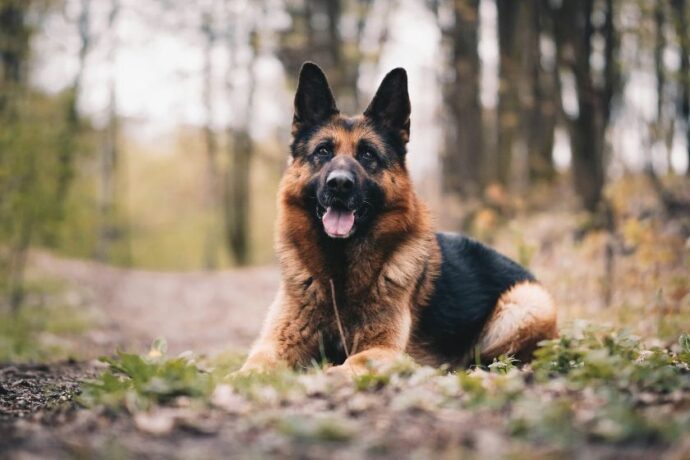
Home Remedies and Tips
Constipation in dogs can be uncomfortable and worrying for both pets and their owners. Knowing how to treat dog constipation at home can help your pup get back on track. Whether it’s a matter of adjusting their diet, getting them to drink more water, or introducing some gentle remedies, we’ve compiled the top methods to relieve dog constipation safely and naturally.
1. Increase Your Dog’s Fiber Intake
Fiber is essential for healthy digestion in dogs, just like it is in humans. Adding fiber to your dog’s diet can help add bulk to their stool, making it easier to pass. Here are a few fiber sources to consider:
- Pumpkin: One of the most recommended dog constipation remedies, canned pumpkin is high in fiber and water. Add a teaspoon for small dogs and a tablespoon for larger dogs to their meals. Opt for plain canned pumpkin with no added sugar or spices.
- Psyllium Husk: A gentle fiber supplement, psyllium husk is effective in improving stool consistency. Mix a small amount (check with your vet on the exact amount) into your dog’s food.
- Dog-Safe Vegetables: Green beans, carrots, and sweet potatoes are fiber-rich and can be lightly steamed and added to your dog’s food to encourage regular bowel movements.
2. Ensure Adequate Hydration
Dehydration can worsen or even cause constipation in dogs. Keeping your dog hydrated helps soften their stool and promotes easier bowel movements. Incorporate more water into your dog’s diet with these tips:
- Fresh Water: Make sure your dog has access to fresh, clean water throughout the day. If they aren’t drinking enough, try adding low-sodium chicken or beef broth to make water more appealing.
- Wet Dog Food: Dry kibble can be low in moisture, which can contribute to constipation. Consider switching to wet dog food or mixing it with their dry food to increase their water intake.
- Ice Cubes as Treats: Some dogs enjoy chewing on ice cubes, which can be a fun way to keep them hydrated.
3. Add Healthy Oils to Their Diet
Healthy fats, like oils, can help lubricate your dog’s digestive system, making it easier for them to pass stool. However, oils should be used sparingly to avoid upset stomachs.
- Olive Oil or Coconut Oil: Adding a small amount (about a teaspoon) of olive or coconut oil to your dog’s food can help relieve constipation. Use sparingly, and be cautious if your dog has any underlying digestive issues.
- Fish Oil Supplements: Not only do fish oils provide valuable omega-3 fatty acids, but they can also help support digestive health. Check with your vet for the appropriate dosage.
4. Encourage Physical Activity
Regular exercise is essential for a healthy digestive system and can naturally help relieve constipation in dogs. Exercise stimulates bowel movements by promoting regular contractions in your dog’s intestines.
- Daily Walks: Take your dog for daily walks or outdoor playtime to keep their digestive system active. Short, brisk walks are usually most effective for encouraging bowel movements.
- Interactive Play: Engage your dog with toys and activities to keep them moving. Aim for at least 30 minutes of physical activity each day, especially if your dog is prone to constipation.
5. Massage Their Abdomen
A gentle abdominal massage can help stimulate bowel movement. This can be especially helpful if your dog appears uncomfortable or if they haven’t had a bowel movement in a day or two.
- Gentle Pressure: Place your hands on your dog’s abdomen, just below their ribs, and apply gentle, circular pressure. Move in a clockwise direction for about 5-10 minutes.
- Relaxing Environment: Make sure your dog is relaxed and comfortable during the massage. This can also help reduce any stress or anxiety they may be feeling due to constipation.
6. Monitor for Additional Symptoms
Sometimes, dog constipation is a symptom of an underlying health condition. If constipation is a frequent issue, or if your dog shows other signs of discomfort, it’s essential to get a professional opinion.
- Symptoms to Watch For: Vomiting, lethargy, loss of appetite, or a distended abdomen are signs that the issue may be more serious.
- Consult Your Veterinarian: If your dog’s constipation persists for more than two days or they appear to be in pain, schedule a vet visit. Your vet may recommend an enema, laxative, or other medical intervention to treat dog constipation safely.
7. Consider Over-the-Counter Remedies with Caution
There are several over-the-counter products designed to help relieve dog constipation, but these should be used under the guidance of a vet. These may include:
- Stool Softeners: Some pet-safe stool softeners can be used to ease constipation, but only use those recommended by your vet.
- Probiotics: Probiotic supplements can help maintain a healthy gut flora, which is beneficial for digestion and may help prevent constipation in the future.
When to Seek Immediate Help
While mild constipation can often be managed at home, some cases require prompt veterinary attention. If you notice symptoms like straining, blood in the stool, or prolonged periods without a bowel movement, consult your vet immediately.
Knowing how to treat dog constipation at home can be incredibly helpful, but remember that each dog is unique. If you’re ever unsure about a remedy or suspect a more serious underlying issue, reach out to your vet for guidance. Constipation can sometimes indicate a bigger problem, so it’s always better to err on the side of caution.
Taking a proactive approach to your dog’s diet, hydration, and exercise routine can go a long way in preventing constipation. For more expert advice on keeping your dog healthy, check out additional resources from Small Batch Dog Food and explore our other articles on canine wellness.



